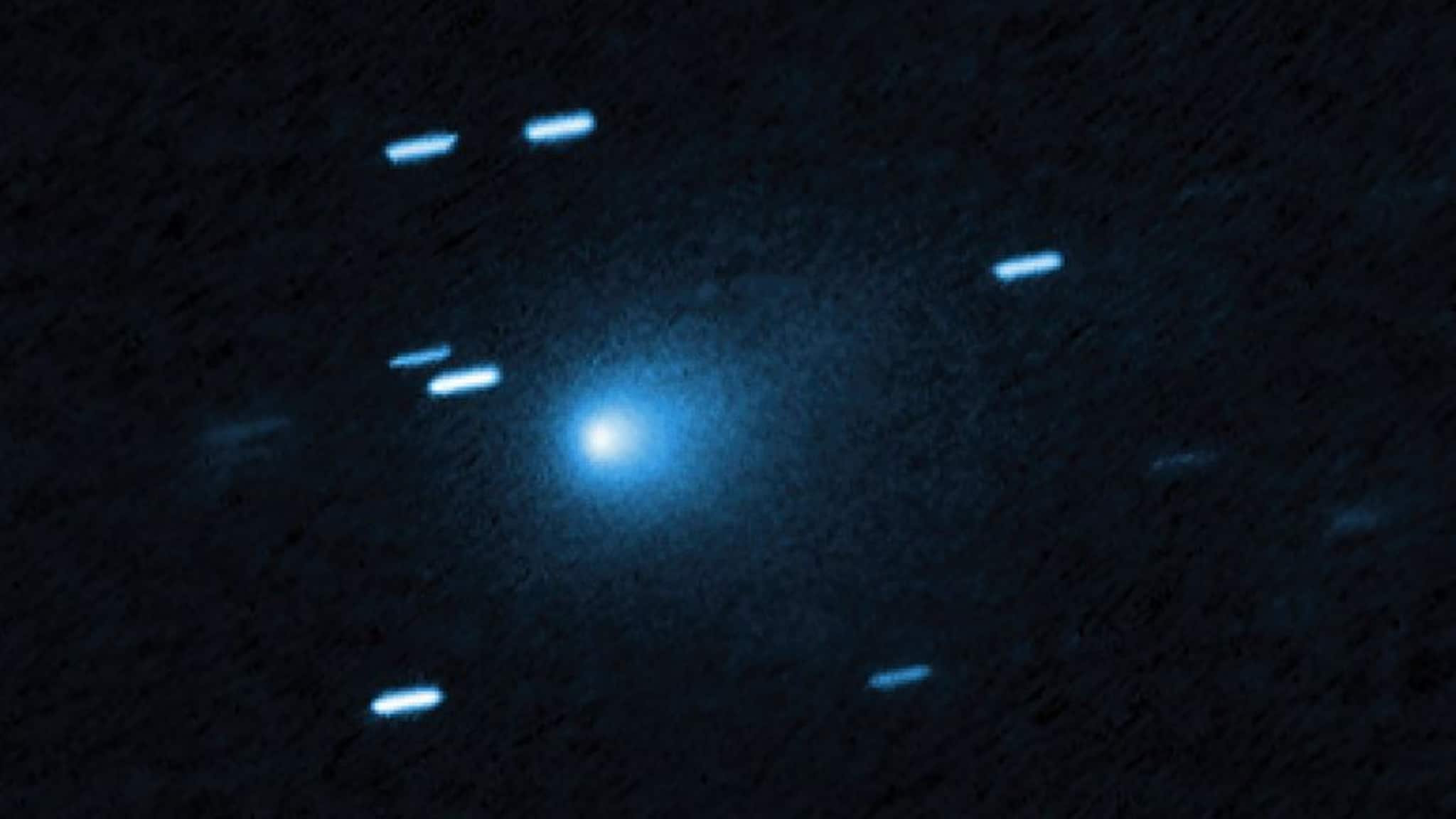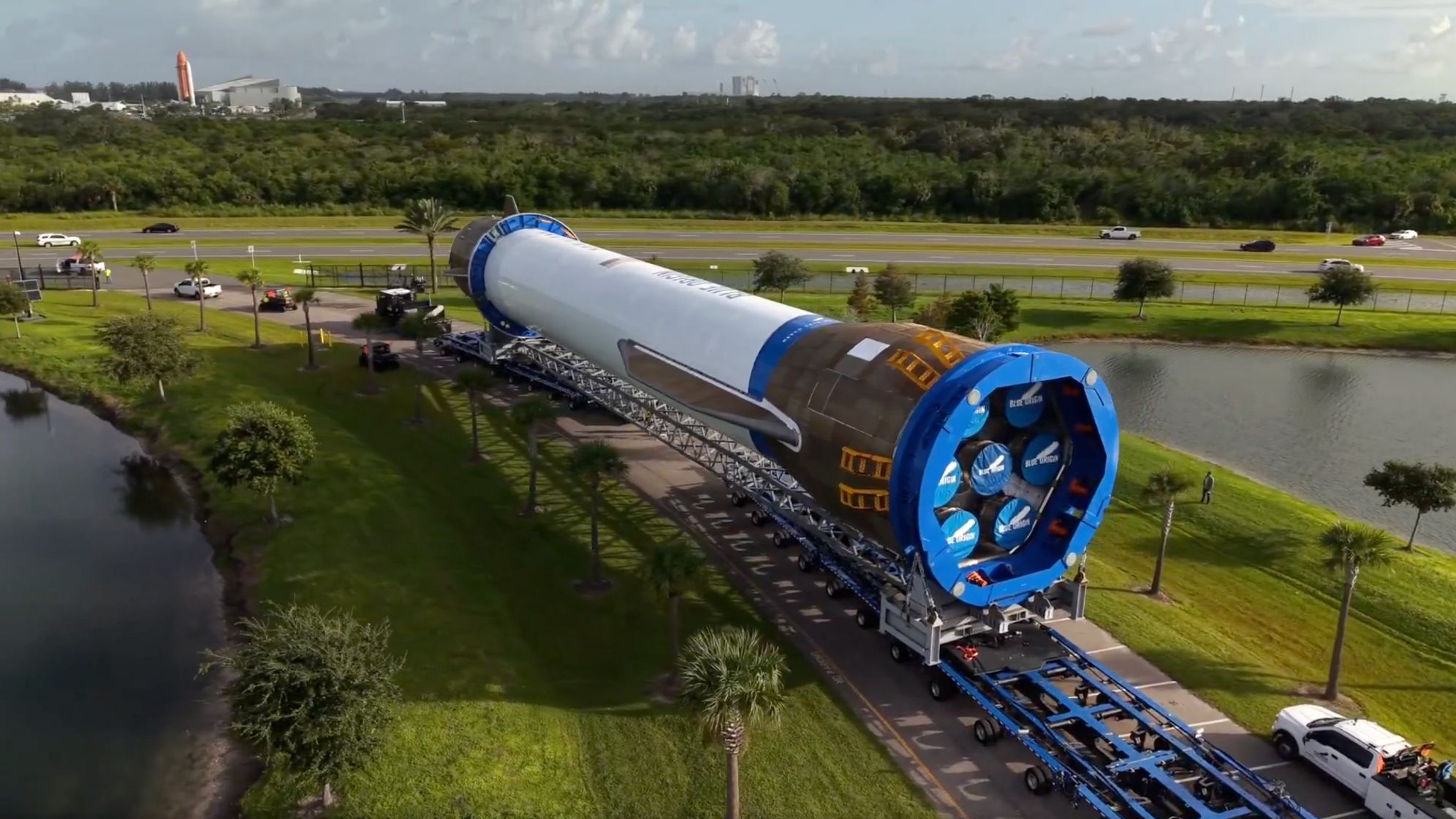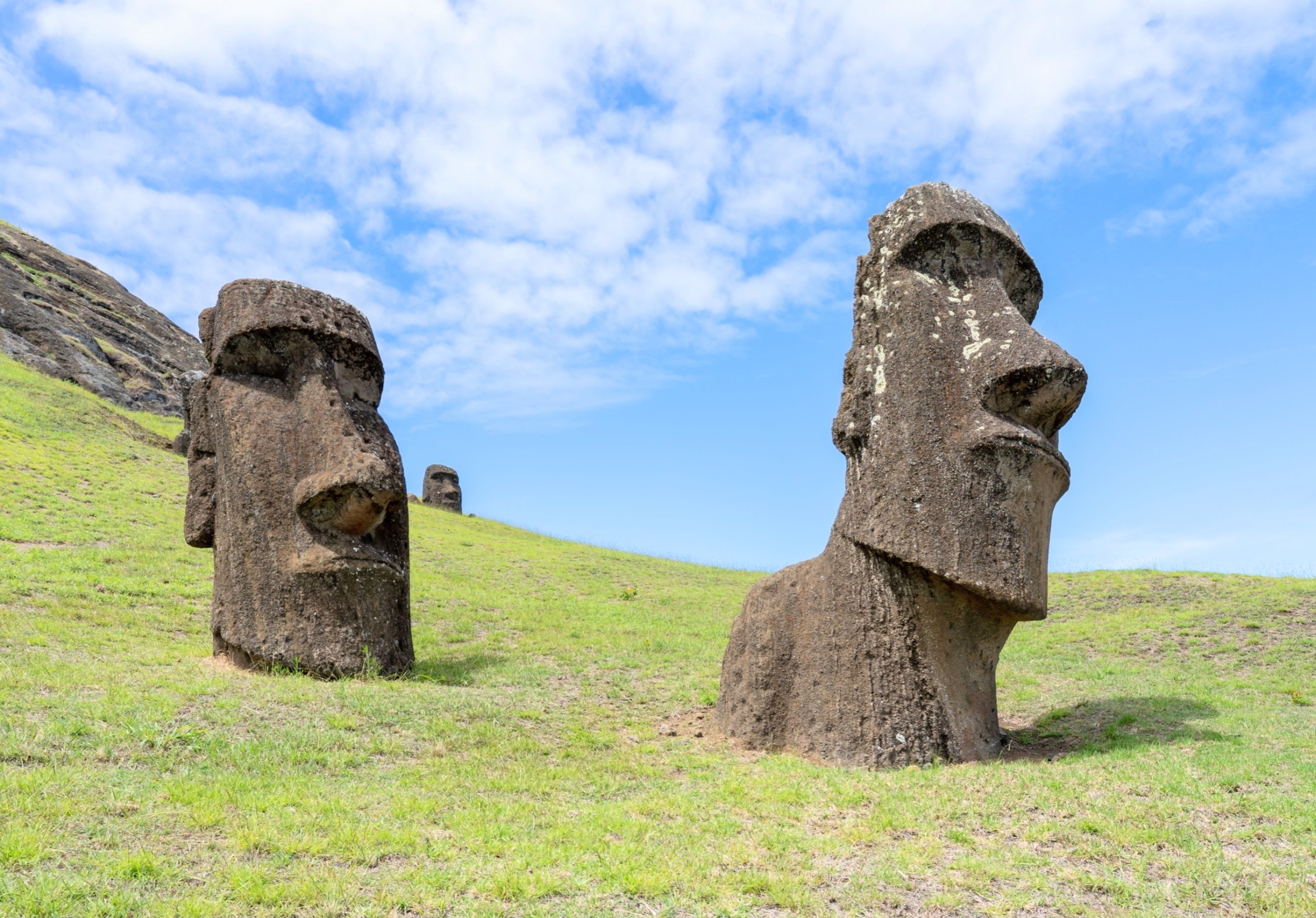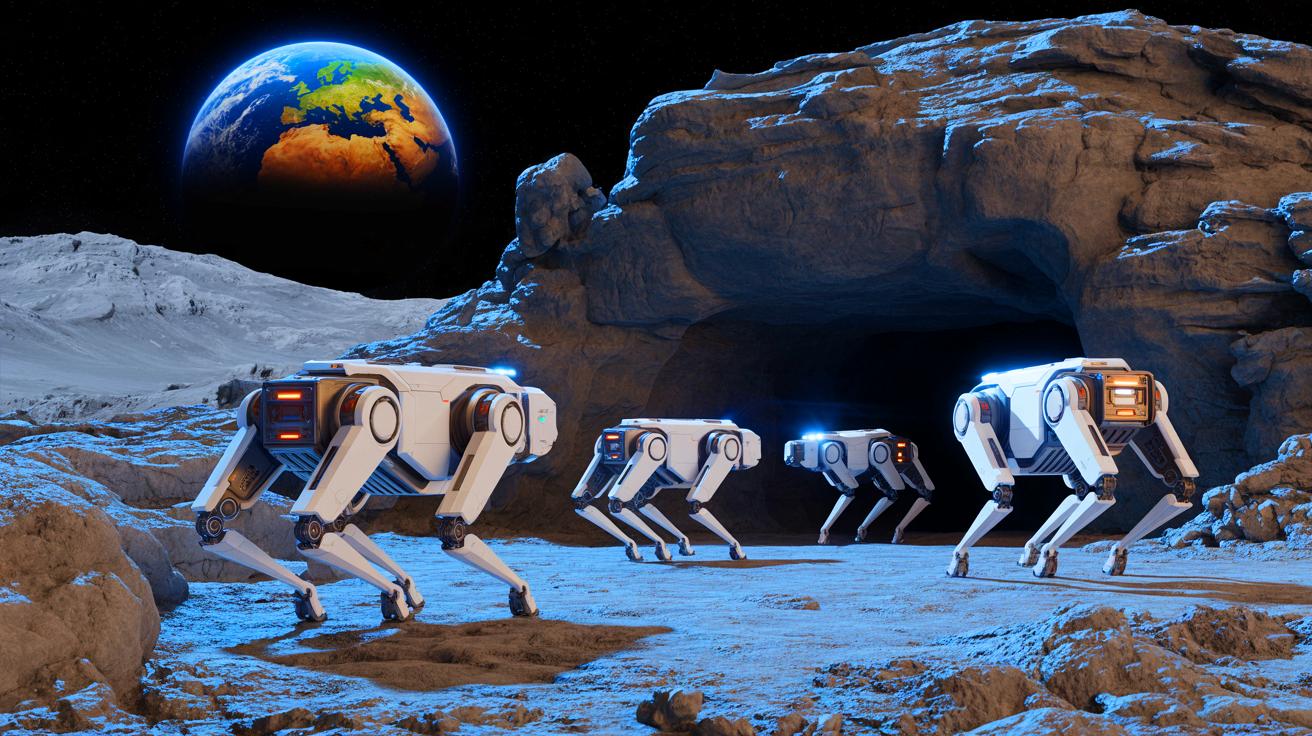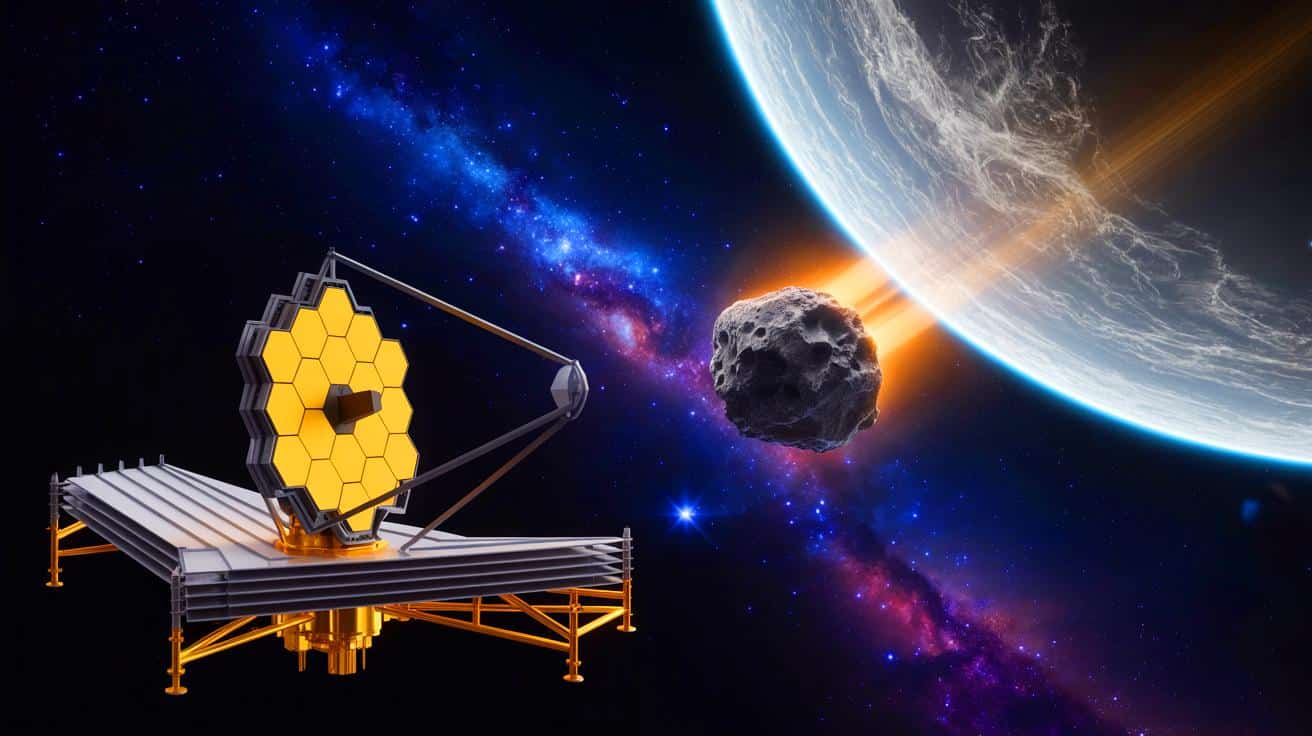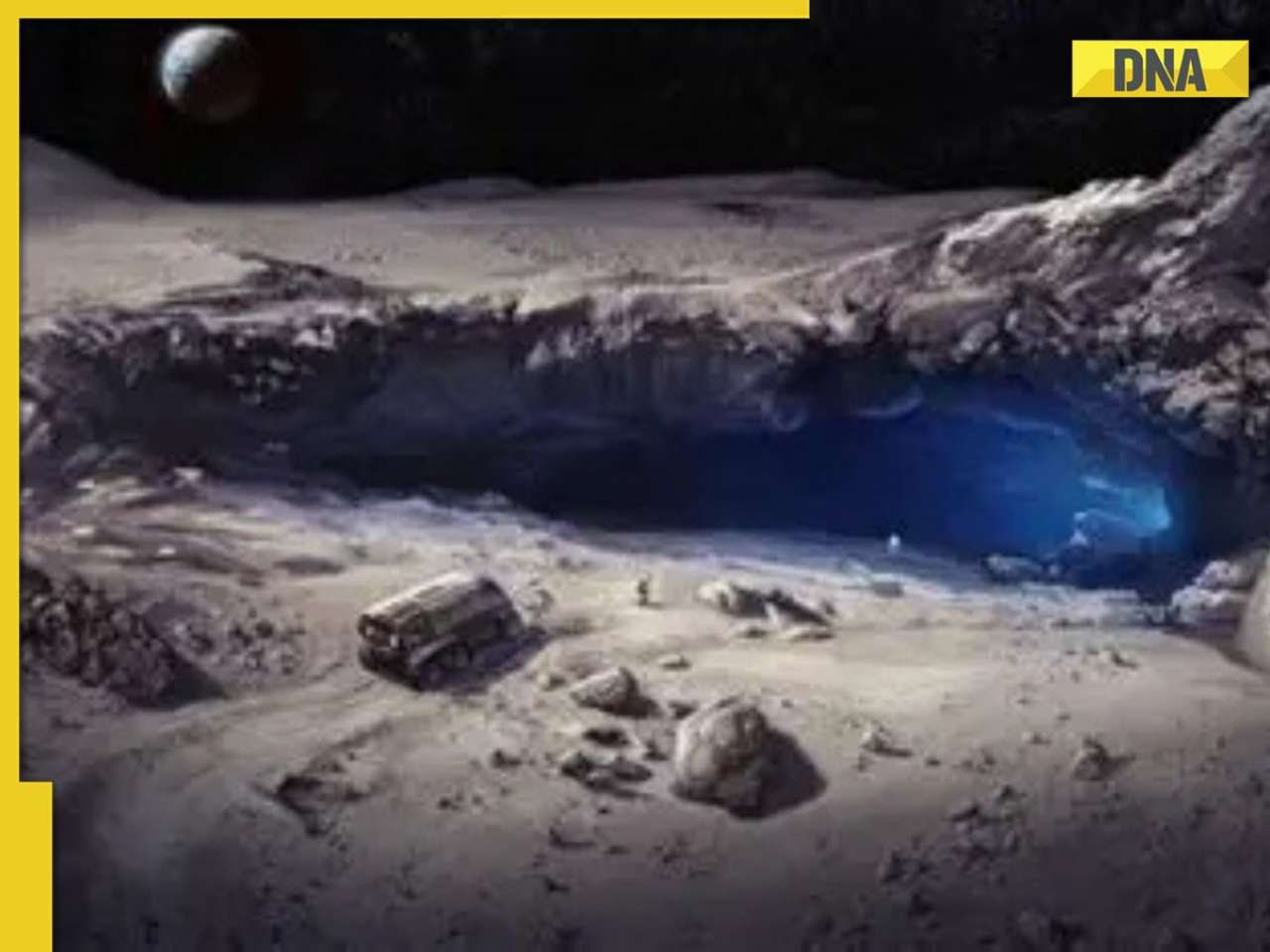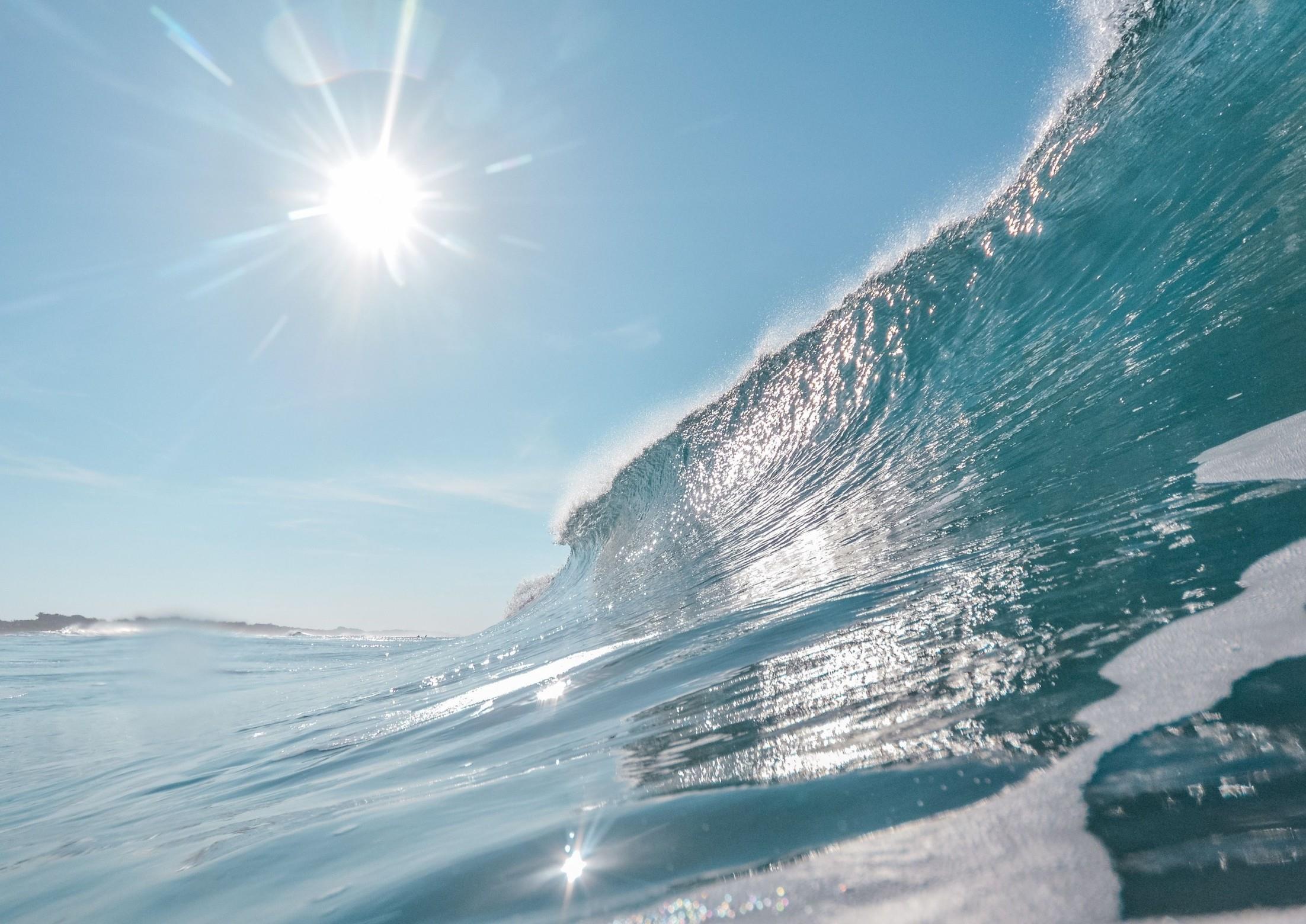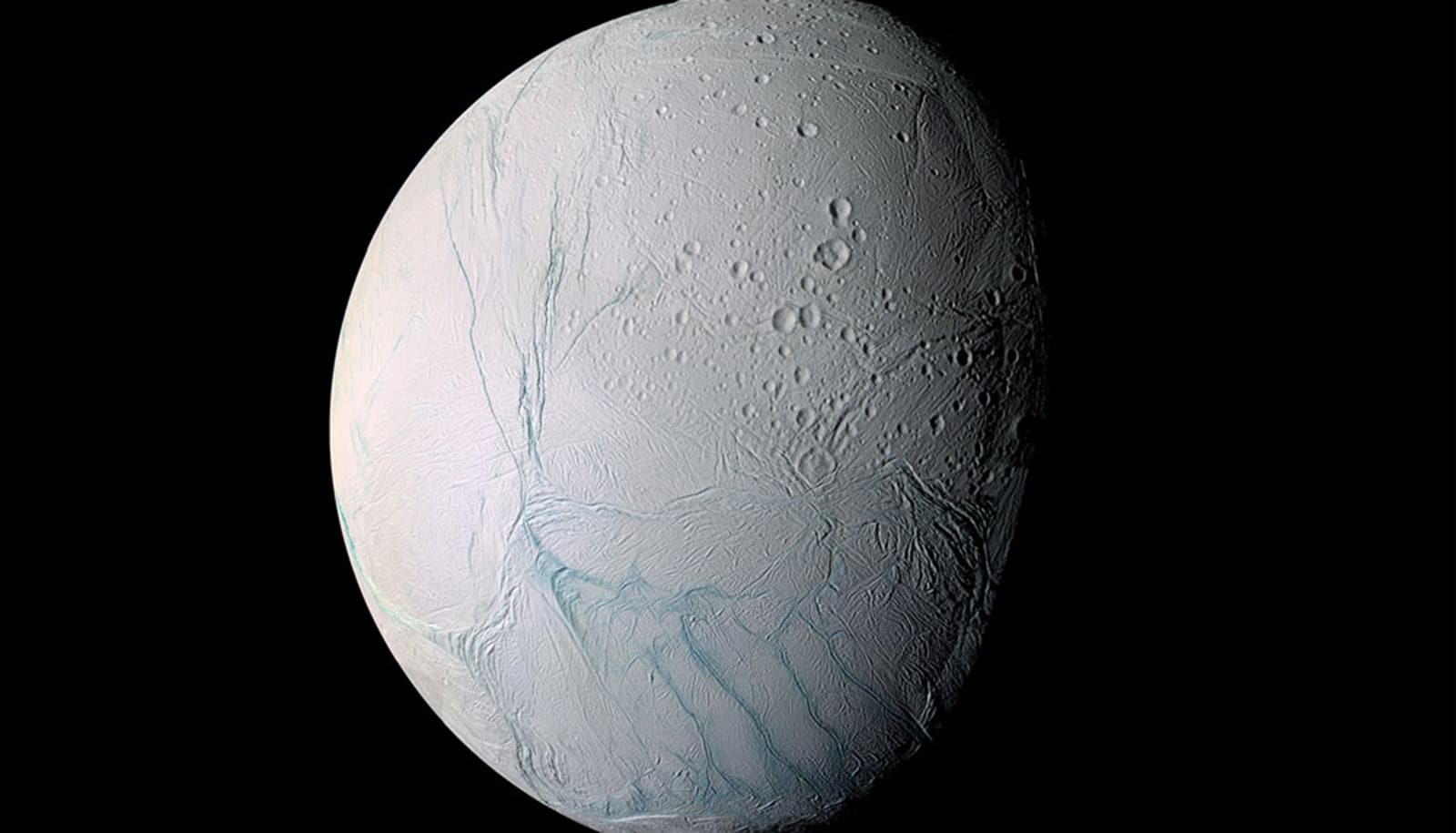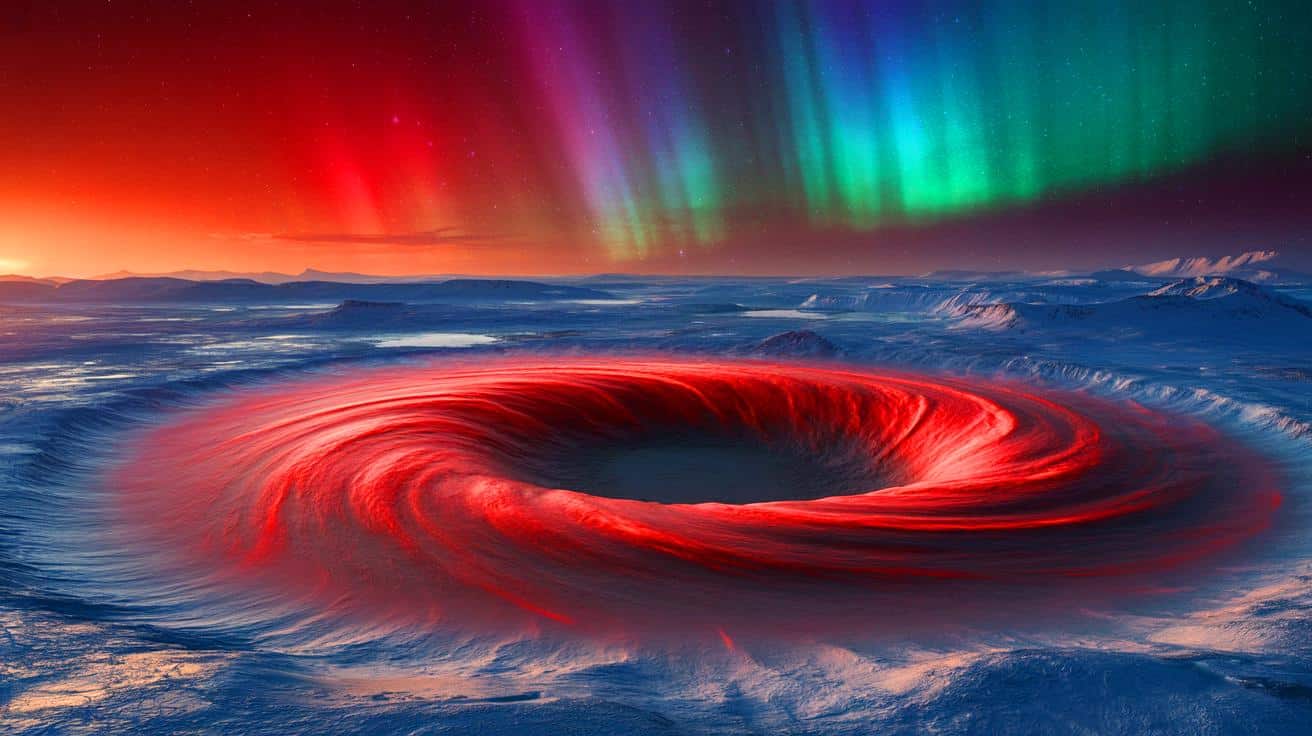Shocking Discovery: Antarctica's Ocean Current Could Trigger Global Catastrophe!

Imagine a force so powerful that it dwarfs even the mighty Amazon River—a colossal ocean current that wraps around Antarctica and is now in peril. This is the Antarctic Circumpolar Current (ACC), and scientists are sounding the alarm over its dramatic slowdown, which could lead to a global environmental disaster.
The ACC is not just any current; it’s a massive, spinning powerhouse, five times stronger than the Gulf Stream. This current plays a crucial role in regulating weather patterns and climate around the world. Think of it as the Earth's conveyor belt, transporting warm and cold waters while balancing carbon and nutrients across the oceans. Without it, the climate as we know it could face severe consequences.
Researchers from the University of Bonn have revealed that the ACC is currently operating at a staggering three times slower than it was 130,000 years ago. That’s like running a marathon at a walker's pace—something is definitely off. Dr. Michael Weber, the lead of the expedition, pointed out that during previous warm periods, the current was over three times faster than it is today. This slowdown is a concerning trend that could signal much larger environmental shifts.
The implications are terrifying. Dr. Bishakhdatta Gayen from the University of Melbourne emphasized that if this “ocean engine” breaks down entirely, we could see increased climate variability, with extreme weather becoming the norm. It might also accelerate global warming, as the oceans struggle to absorb carbon.
Using advanced simulations, researchers have predicted that if we don’t take action, the ACC could slow down by an additional 20% by 2050 due to rising temperatures. These findings come from sediment samples collected in the Scotia Sea, highlighting the urgent need for further studies and immediate action.
As we dive deeper into the effects of climate change, this alarming research surrounding the Antarctic Circumpolar Current serves as a wake-up call. We must collectively act to safeguard our planet before it’s too late.












